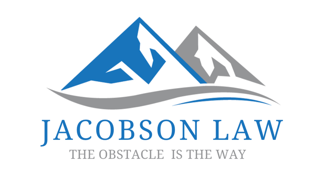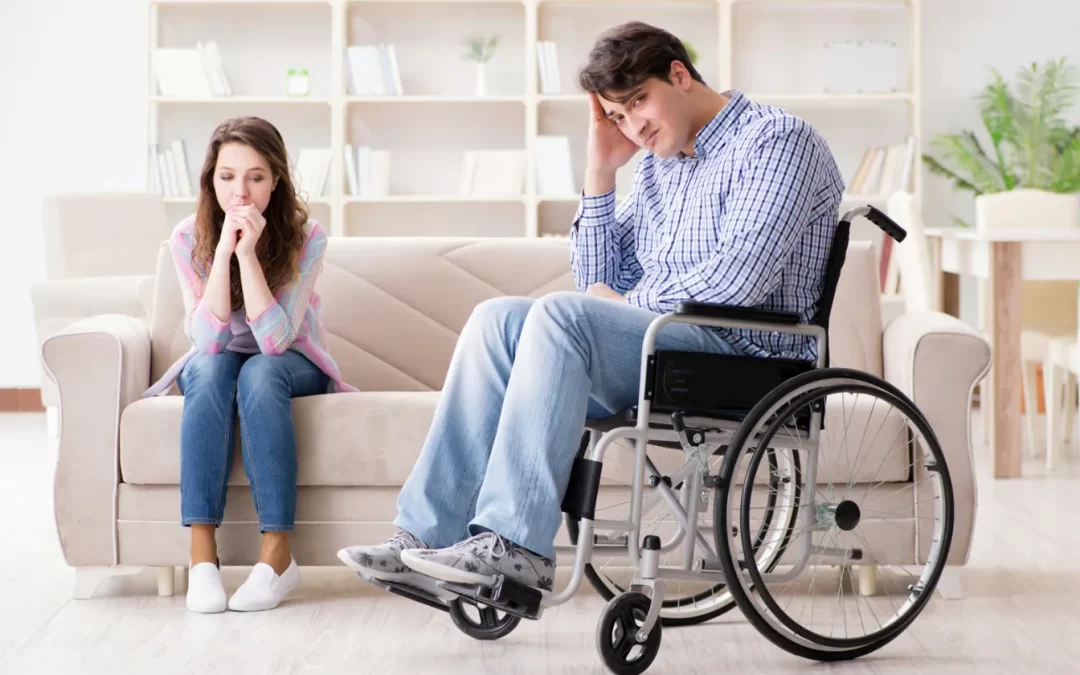Personal injury lawyers can help motorcycle accident victims know what to do
A personal injury lawyer in Boise ID can help you know what you need to do after a motorcycle accident. Motorcycle accidents can be incredibly traumatic experiences, often resulting in serious injuries and significant damage to both the rider and the bike. If you find yourself in the unfortunate situation of being a victim of a motorcycle accident, it’s crucial to know what steps to take to protect yourself legally and medically. Here’s a guide on what you should do immediately following a motorcycle accident in Idaho.
1. Ensure Safety First
The first priority after a motorcycle accident is safety. If you’re able to move, carefully get yourself to a safe location away from traffic. Turn off the motorcycle’s engine to prevent any potential fire hazards. If you’re injured and unable to move, try to signal for help or ask someone nearby to call emergency services.
2. Seek Medical Attention
Even if you don’t believe your injuries are severe, it’s essential to seek medical attention as soon as possible. Adrenaline can mask pain, and some injuries may not be immediately apparent. Allow medical professionals to assess your condition thoroughly. Remember, documentation of your injuries and medical treatment will be crucial for any legal claims.
3. Contact Law Enforcement
In Idaho, it’s mandatory to report any accident involving injuries, deaths, or property damage exceeding $1,500 to the local police or sheriff’s department. Contact law enforcement to report the accident and wait for them to arrive at the scene. Cooperate with the responding officers and provide accurate information about the accident.
4. Gather Evidence
While still at the scene of the accident, gather as much evidence as possible. Take photographs of the accident scene, including vehicle positions, road conditions, and any visible injuries. Collect contact information from witnesses and exchange information with the other involved parties, including names, addresses, phone numbers, and insurance details.
5. Preserve Evidence
Preserving evidence is crucial for any potential legal claims. Do not repair or dispose of your motorcycle until it has been thoroughly documented, preferably by both photographs and written descriptions. Keep copies of all medical records, bills, and receipts related to your injuries and treatment.
6. Do Not Admit Fault
Avoid admitting fault or making statements about the accident’s cause, especially to the other parties involved or their insurance representatives. Admissions of fault can be used against you in legal proceedings. Stick to providing factual information to the authorities and your insurance company.
7. Notify Your Insurance Company
Report the accident to your insurance company as soon as possible. Provide them with accurate details of the accident and cooperate with their investigation. However, avoid accepting any settlement offers or signing any documents without consulting with a personal injury attorney first.
8. Consult with a Personal Injury Attorney
Seeking legal advice is essential after a motorcycle accident, especially if you’ve sustained injuries. A skilled personal injury attorney can help you understand your rights, navigate the legal process, and pursue compensation for your injuries, medical expenses, lost wages, and pain and suffering.
Legal Actions After a Motorcycle Accident
Navigating the aftermath of a motorcycle accident can be overwhelming, especially when dealing with legal matters. In Idaho, specific laws and regulations govern motorcycle accidents and personal injury claims. Here’s what you should do from a legal standpoint if you’re a victim of a motorcycle accident in the state.
- Understand Comparative Negligence
Idaho follows a comparative negligence system, meaning that fault for an accident can be divided among multiple parties. Even if you were partially at fault for the accident, you may still be entitled to compensation for your injuries, although the amount awarded may be reduced based on your degree of fault.
- Know the Statute of Limitations
In Idaho, there is a limited timeframe, known as the statute of limitations, within which you must file a personal injury lawsuit after a motorcycle accident. Generally, the statute of limitations for personal injury cases, including those arising from motorcycle accidents, is two years from the date of the accident. Failing to file within this timeframe may result in the forfeiture of your right to seek compensation.
- Document Damages and Losses
Keep thorough records of all damages and losses resulting from the motorcycle accident. This includes medical bills, receipts for prescription medications, invoices for vehicle repairs, documentation of lost wages or income, and any other expenses related to the accident. These documents will serve as evidence of the economic impact of the accident on your life.
- Consider Fault Determination
Establishing fault is a critical aspect of any personal injury claim. Idaho follows a modified comparative negligence rule, which means that your compensation may be reduced if you are found partially at fault for the accident. However, if you are deemed more than 50% at fault, you may not be eligible to recover damages.
- Negotiate with Insurance Companies
Insurance companies often try to minimize payouts to accident victims to protect their bottom line. It’s essential to be cautious when dealing with insurance adjusters and avoid accepting any settlement offers without consulting with a personal injury attorney first. An experienced attorney can negotiate on your behalf to ensure you receive fair compensation for your injuries and losses.
- File a Lawsuit if Necessary
If a fair settlement cannot be reached through negotiations with the insurance company, you may need to file a personal injury lawsuit to pursue compensation through the court system. Your attorney can guide you through the litigation process, represent you in court, and advocate for your rights and interests.
- Seek Damages for Pain and Suffering
In addition to economic damages such as medical expenses and lost wages, you may also be entitled to non-economic damages for pain and suffering, emotional distress, and loss of enjoyment of life. These damages are more challenging to quantify but are intended to compensate you for the intangible effects of the accident on your well-being.
Being involved in a motorcycle accident can be a harrowing experience, but knowing how to navigate the aftermath can make a significant difference in your ability to recover physically, emotionally, and financially. By following the steps outlined in this article and seeking guidance from a qualified personal injury attorney, you can protect your rights and pursue the compensation you deserve under Idaho law. Remember, you don’t have to face the aftermath of a motorcycle accident alone.
Find the best personal injury lawyer in Boise ID
Jacobson & Jacobson Law Firm, since 1982, is committed to serving the Boise and Nampa, Idaho areas for your top Criminal Defense, Personal Injury, Business Law, Estate Planning, Family Law, Immigration Law, and Litigation needs. Contact us today to get started. For a free 30-minute consultation, book here: https://calendly.com/jfj-1


